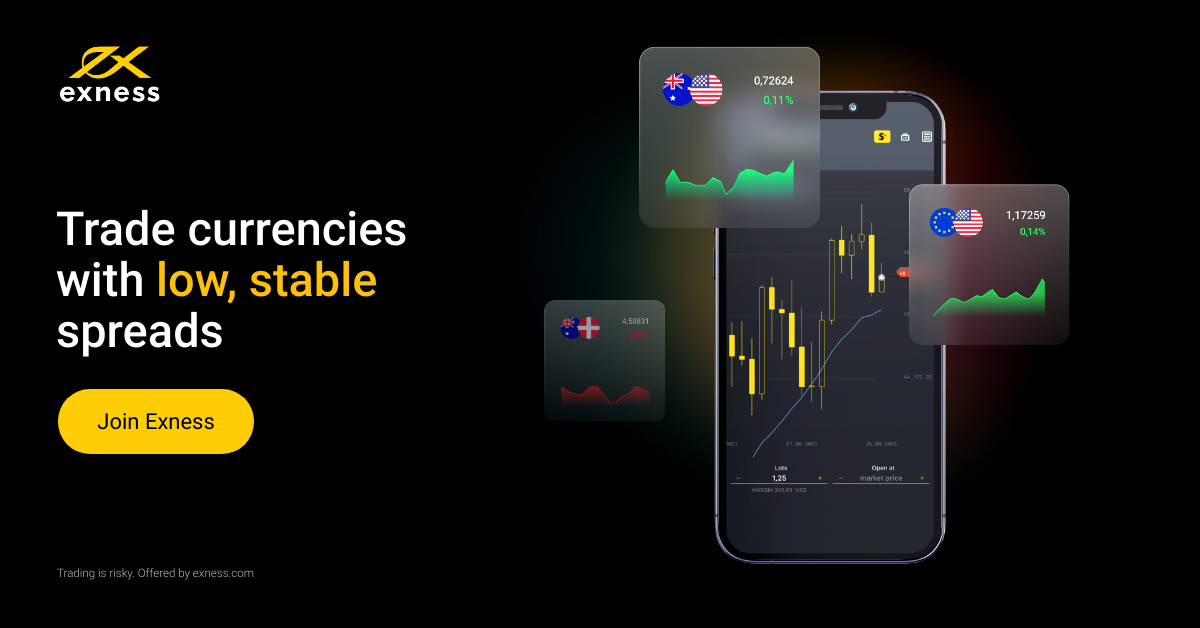If you have been following banking, investing, or cryptocurrency over
the last ten years, you may be familiar with “blockchain,” the
record-keeping technology behind bitcoin. And there’s a good chance that
it only makes so much sense. In trying to learn more about blockchain,
you've probably encountered a definition like this: “blockchain is a
distributed, decentralized, public ledger."
A blockchain
is a public ledger of information collected through a
network that sits on top of the internet. It is how this information is
recorded that gives blockchain its groundbreaking potential
Blockchain benefits
- Monitors performance history – Allows parties to see evidence of participants’ past performance, including on-time deliveries, on-time pickups, etc.
- Maintains high-value assets history – A trusted/accurate record of asset history is imperative to ensure it complies with standards from the factory floor to delivery.
- Improves quality assurance – Every authorised member of a transaction can access data to validate milestones and reduce unsubstantiated disputes.
- Monitors real-time freight capacity – Available truck capacity changes constantly. Through blockchain transparency, capacity is visible.
- Improves payments and pricing processes – Payment processing/settlement is secure in a blockchain and transaction information is accessible.
- Deters fraud – Every transaction is visible to those on the network. Nothing can be removed without detection; transparency deters fraud. Through notarization/ nonrepudiation, shippers can securely track the creation and modification time of a document or transaction, thereby confirming authenticity.
- Prevents theft – A blockchain can contain detailed information and rules, such as requiring photo IDs for freight pick-up/delivery. Added precautions improve security and reduce freight theft. A blockchain also enables the secure transfer of titles for smart properties.
- Proves provenance – Blockchain ensures that every shipped good includes a digital “passport” proving its authenticity/provenance. Passports include data, such as where/when the product was manufactured and what steps it took throughout its journey.
- Issuance of smart contracts – Smart contracts are considered by many to be the most important blockchain feature. Entrepreneur magazine states: “With smart contracts, agreements can be automatically validated, signed and enforced through a blockchain construct – eliminating the need for mediators and therefore saving the company time and money.
Barriers to widespread blockchain adoption (risks/difficulties)
Despite blockchain benefits, there are concerns which are slowing the technology’s widespread adoption. Among them are:
Lack of standards: For blockchain to succeed, all constituents must agree to data characterisations (i.e., what details will every bill of lading carry, what will the proof of delivery or invoice contain? What actions should trigger if data is missing or not validated?). Cost: Developing/maintaining the software/hardware required to run blockchain is expensive. Additionally, companies need qualified people to run blockchain, which can be expensive.
Legacy system integration: Companies must integrate blockchain into legacy systems. According to nasdaq.com, “Many organisations are reluctant to make a move to blockchain solutions because of the meticulous planning, time and money that would be required to achieve successful company-wide implementation.”
Maturity: Blockchain is an emerging technology. While many anticipate its impact, blockchain is still uncertain. Also, blockchain has few standards or industry specifications for its adoption and use (which is the reason for BiTA’s existence).
Why the industry needs common standards
When businesses cannot agree on a common framework, the government steps in and regulates the activity. This slows down processes and creates bureaucracy that increases cost. There is no example of government intervention in which costs were reduced. If the industry does not define the framework within which blockchain resides, the result may render blockchain moot.
The potential blockchain has in the logistics industry
Quite simply, it has the potential to revolutionise the $8 trillion global logistics/transportation/freight industry. Blockchain may be the solution to transparency, security and reducing or eliminating third parties. There are many use cases – payments, provenance and visibility of commercial assets, driver ID, smart contracts, instantaneous settlement of transactions – virtually every challenge with freight tracking and delivery may be solved with blockchain.

